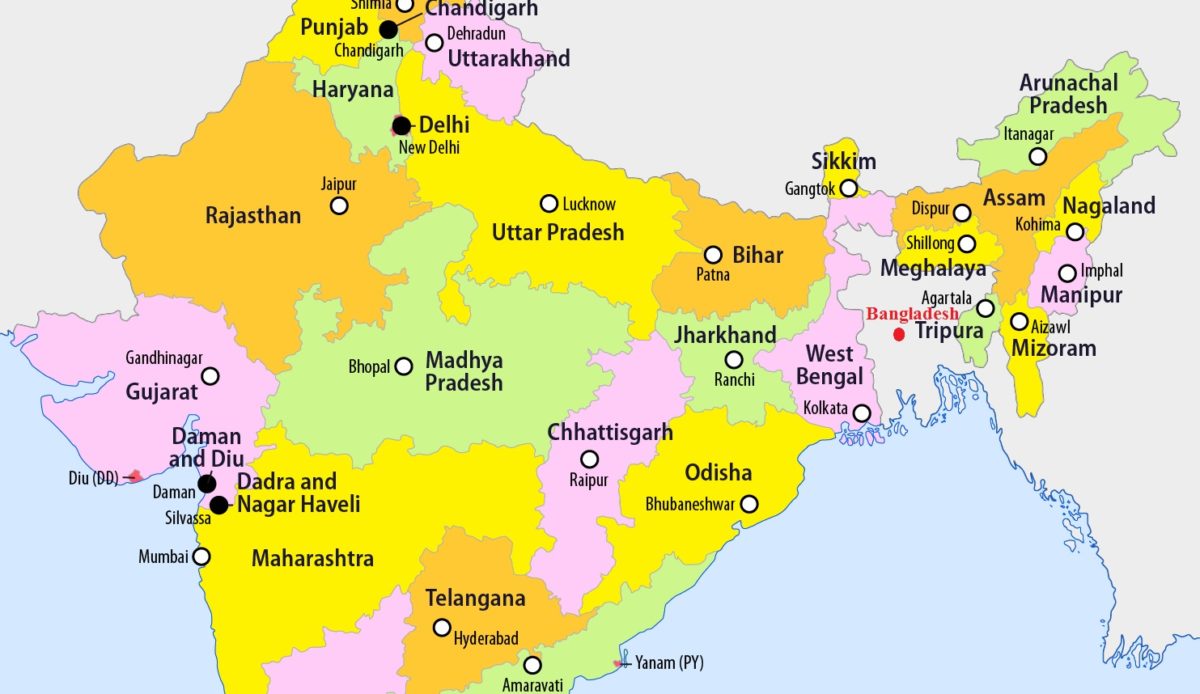Bangladesh, which needs to increase its electricity supply, has found a cost-effective answer in the form of solar power from across the border.
This was communicated by the advisor to Bangladesh’s Prime Minister, Tawfiq-e-Elahi, at the 16th International Energy Forum Ministerial, held recently in New Delhi, reports Indian daily, The Livemint.
At the event, Tawfiq-e-Elahi also said that India-based diversified infrastructure conglomerate GMR Group has agreed to supply electricity to Nepal. No financial details were disclosed, however.
These deals could be seen as part of India’s energy diplomacy, at a time when China is showing interest in supporting its neighboring countries’ energy needs.
Just recently, for instance, China helped Nepal power its government administrative headquarters (known as Singhadurbar) with solar, as reported by Chinese news portal, Xinhuanet. This aid follows China’s donation of thousands of solar systems to Nepal earlier this year.
For India, neighboring countries, like Sri Lanka, Myanmar, Nepal and Bangladesh are viable markets for the export of power, where the per unit cost of electricity is very high, particularly when compared to the record low solar power tariff of Rs 2.44 per unit seen in India last May.
Rajasthan and Gujarat are among India’s most developed solar states, For instance, Rajasthan aims to reach a cumulative solar capacity of 3.78 GW by next April.
“Work on various projects is in full swing. The second phase of Bhadla solar park near Jodhpur has been commissioned (680 MW) and its third phase (1000 MW) is under progress,” Rajasthan Renewable Energy Corporation managing director, B.K. Doshi told news agency PTI.
In Gujarat, chief minister Vijay Rupani has approved the installation of a 5 GW solar park at the Dholera Special Investment Region (SIR), which would be the largest such entity in the world after its completion.
The proposed solar power generation project would be developed across 11,000 hectares of land.
This content is protected by copyright and may not be reused. If you want to cooperate with us and would like to reuse some of our content, please contact: editors@pv-magazine.com.









By submitting this form you agree to pv magazine using your data for the purposes of publishing your comment.
Your personal data will only be disclosed or otherwise transmitted to third parties for the purposes of spam filtering or if this is necessary for technical maintenance of the website. Any other transfer to third parties will not take place unless this is justified on the basis of applicable data protection regulations or if pv magazine is legally obliged to do so.
You may revoke this consent at any time with effect for the future, in which case your personal data will be deleted immediately. Otherwise, your data will be deleted if pv magazine has processed your request or the purpose of data storage is fulfilled.
Further information on data privacy can be found in our Data Protection Policy.